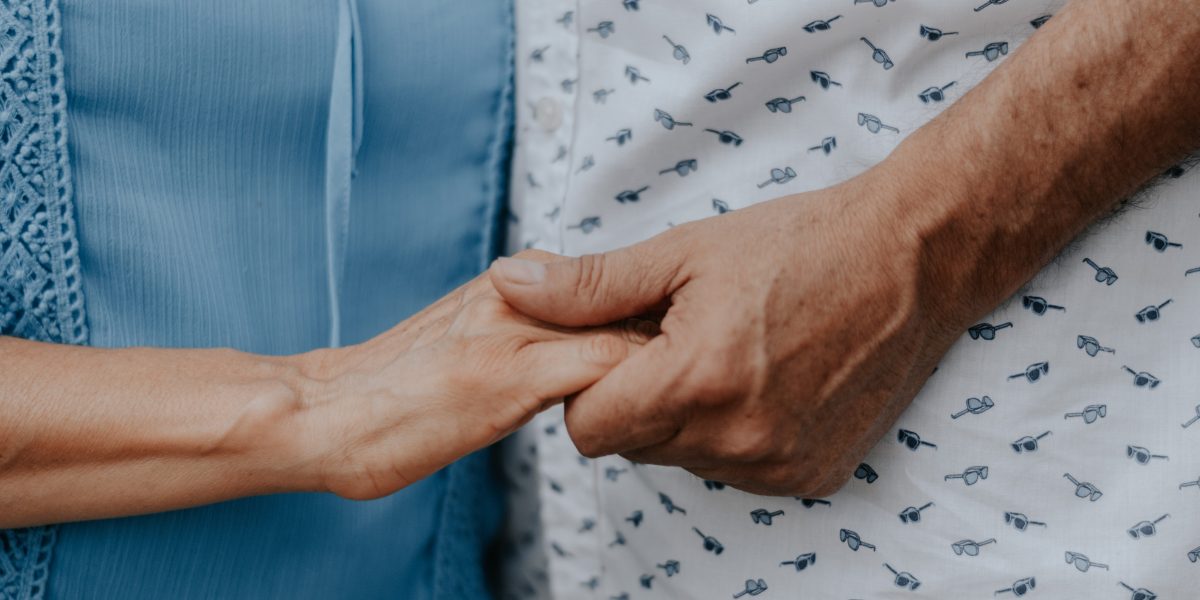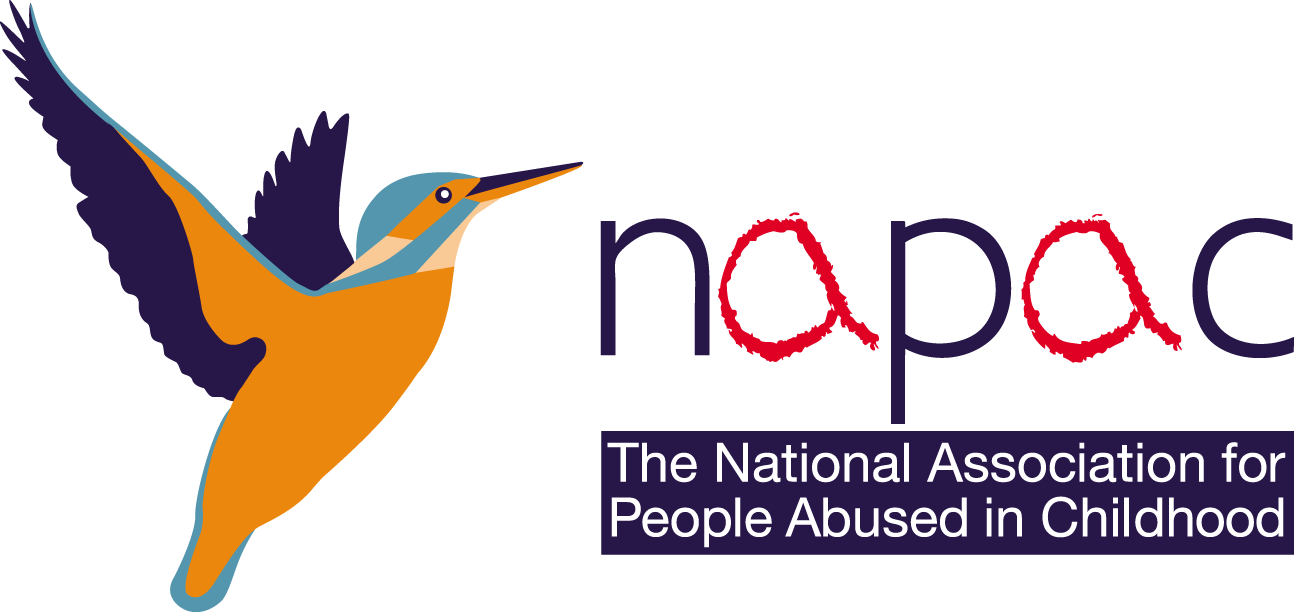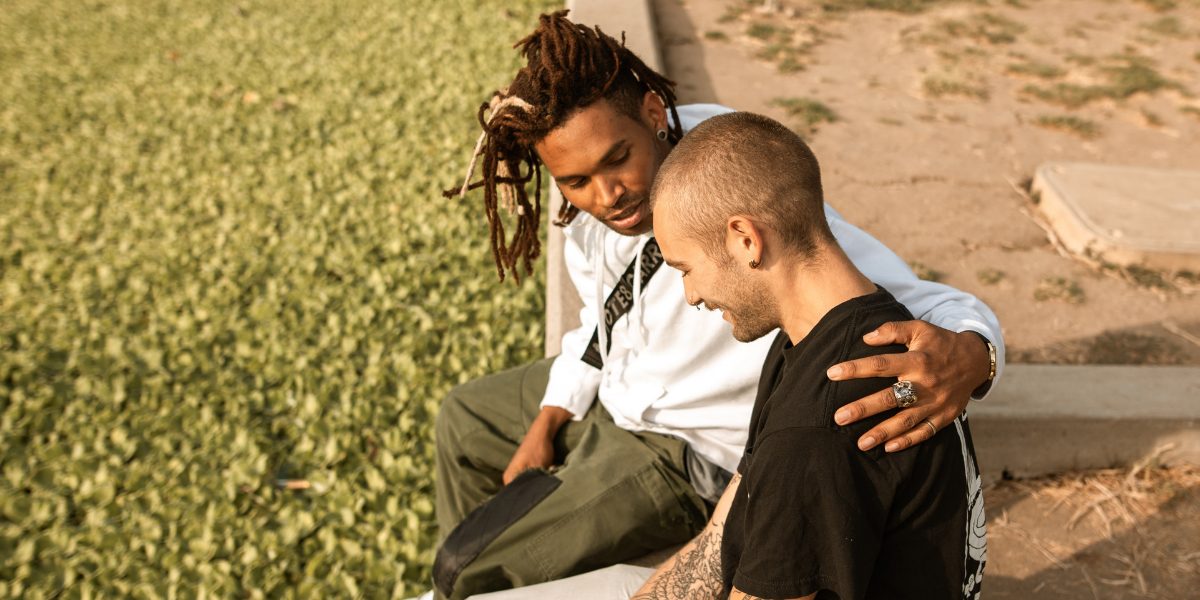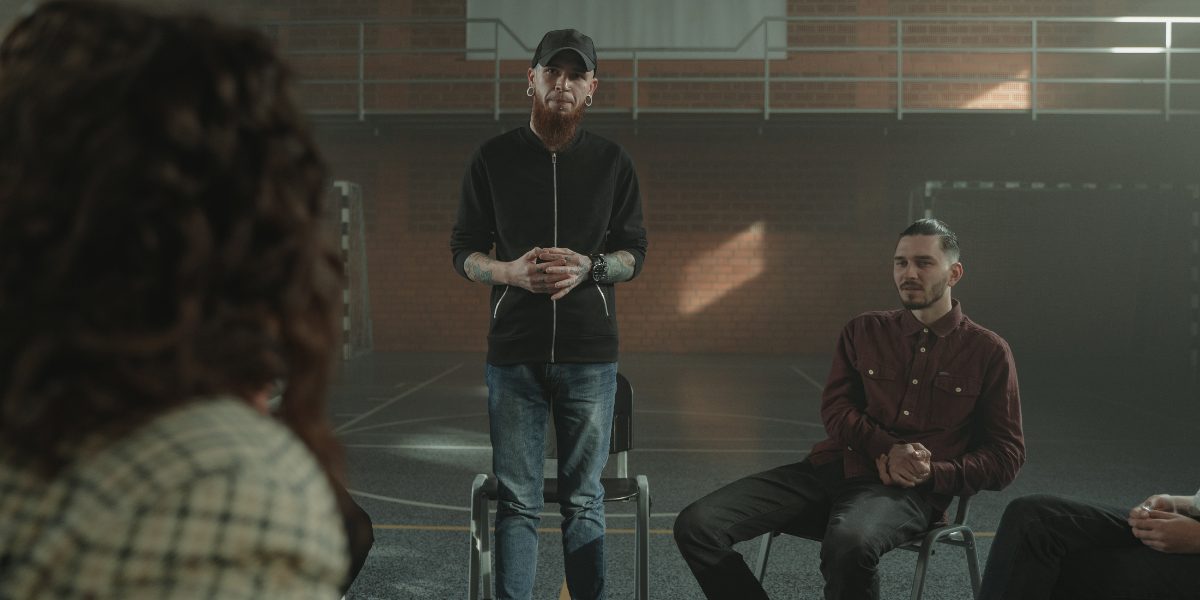
Just as speaking out about the childhood abuse you may have endured can be incredibly difficult, it can also be challenging for a family member or friend to know how to respond to a disclosure productively and sensitively.
Below are a few tips for ensuring that disclosures are handled in an appropriate manner, and that the survivor feels supported.
Do not minimise the seriousness of the problem
Particularly in cases of child-on-child abuse, there can be a tendency from parents to believe it is simply children’s explorative nature, or to frame the issue as an exaggeration on the child’s behalf. It is incredibly detrimental to minimise the seriousness of the issue. The person who suffered abuse can feel revictimised by the disbelief and therefore may be less likely to speak out again, because of their initial negative experience in disclosing.

Educate yourself on a trauma informed approach
The more knowledge you have about the impact of abuse, the better you will understand the survivor’s experiences, triggers and reactions that currently may feel bewildering to you. For a brief explanation of the trauma informed approach, you can take a look at our blog post here.
However, if you are interested in further research on the matter, Bessel Van Der Kolk’s ‘The Body Keeps the Score’ is a highly readable and informative book on the topic of trauma recovery. Although, we should point out that it contains survivor’s stories and patient histories that may be distressing and/or triggering for some.
Be led by the survivor’s needs and discuss in an open and honest manner
It is often our instinct to assume we know what is best for others, and to push a loved one towards an outcome that we feel is in their best interest. The nature of child abuse means that at the time of the abuse the survivor will have been manipulated and/or lost control. Survivors will therefore feel extremely sensitive to any form of control, so it is important that you do not pressure them into disclosing or taking an action they are not yet comfortable with.
Allow the survivor the space, silence and understanding that they need to articulate themselves, let them dictate the pace and ask them what they need from you.
Do not enable bad behaviour
If you are in a close relationship with a survivor who is acting out their pain in a way that is harmful to you or others, do not tolerate it. Unless you are looking after your own wellbeing first, you cannot support the survivor adequately.
Consider also, that you may not be the appropriate party to support them with issues such as substance abuse, self-harm, and excess anger. Someone with less personal attachment, such as a counsellor, may be better placed to assist them in changing these harmful behaviours.
Remember too, not to be overly critical of yourself, if you are supporting a survivor, you are assisting them in one of the biggest battles they will ever face.
Further information can be found in our ‘Supporters of Survivors’ booklet – https://napac.org.uk/project/7-supporters-of-survivors/



